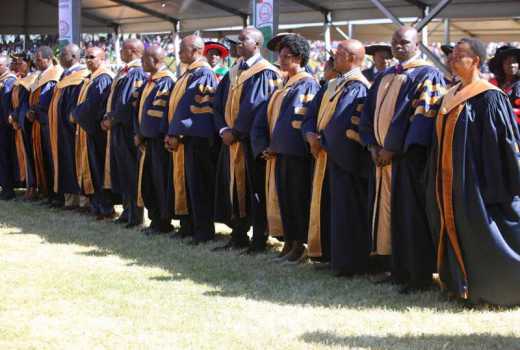×
The Standard e-Paper
Home To Bold Columnists

Sometime back, the Commission for University Education (CUE) developed the troubling habit of issuing ‘headline grabbing’ directives to universities.
While the directives sold newspapers, most times they achieved nothing else. One prominent threat proclaimed that from 2018, only academics with PhDs will be allowed to teach in the university. Of course, this will not happen.